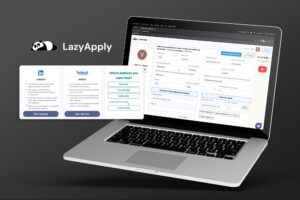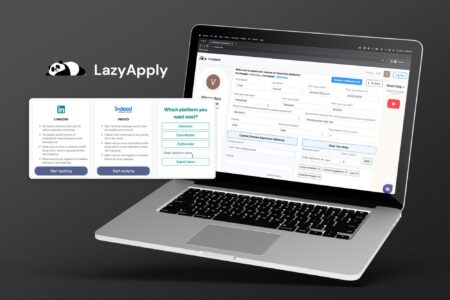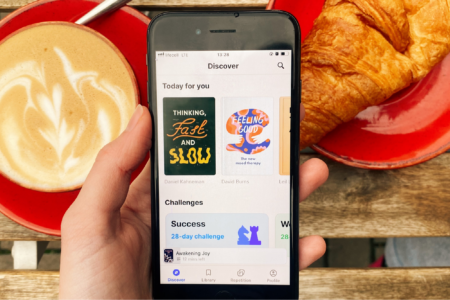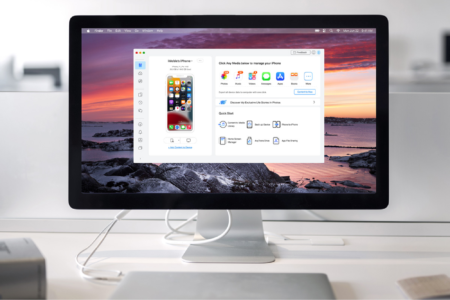If you’ve ever been the victim of an online scam or hack, just know that even tech billionaires and celebrities can fall for fraud, too.
“Shark Tank” star and healthcare entrepreneur Mark Cuban told his X followers over the weekend in a series of now-deleted posts that he fell victim to a scam that locked him out of his Google account.
“Hey @google @sundarpichai. I just got hacked at my mcuban@gmail.com because someone named noah at your 650-203-0000 called and said I had an intruder and spoofed [Google’s] recovery methods,” Cuban wrote on the platform. “If anyone gets anything from mcuban@gmail.com after 3:30pm pst it’s not me.”
Related: Mark Cuban: New Entrepreneurs Often Make One Common Mistake
Cuban claimed that he received four calls in a row from a Google Assistant phone number that alleged someone had been accessing his account from an unknown device.
Google Assistant is the company’s virtual assistant software that uses AI to initiate conversations to complete certain tasks but the call was not coming from Google HQ itself.
“Someone was really sophisticated in doing this,” Cuban told The Dallas Morning News. “They found a way to get into one of my Google apps. So my Google Account showed me notifications that there was an unknown device using one of my Google apps.”
After he finally answered one of the phone calls, Cuban said the person on the other end walked him through the account recovery process — or so he thought.
It was really so hackers could get into his account.
“They had me follow the normal Google process. They literally had the same 3 numbers thing, etc. And thats how they got my email,” he explained. “They locked me out.”
Related: Andy Cohen Lost ‘A Lot of Money’ — Here’s How to Avoid Being Scammed Online
Cuban’s account was recovered Sunday morning, per the outlet. Google did not immediately respond to Entrepreneur’s request for comment.
“For your security, you can’t call Google for help to sign into your account,” Google’s policy for account recovery reads. “We don’t work with any service that claims to provide account or password support. Do not give out your passwords or verification codes.”
Read the full article here











